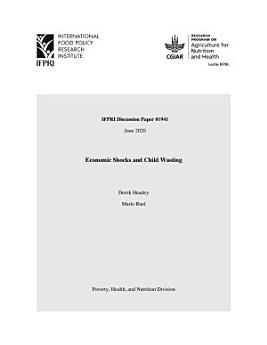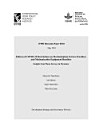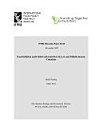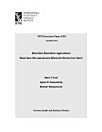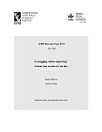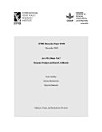Economic shocks and child wasting
Headey, Derek D. · Ruel, Marie T.
IFPRI Discussion Paper 第 1 冊 · Intl Food Policy Res Inst
電子書
37
頁數
family_home
符合資格
info
report評分和評論未經驗證 瞭解詳情
關於這本電子書
In developing countries macroeconomic volatility is common, and severe negative economic shocks can substantially increase poverty and food insecurity. Less well understood are the implications of these contractions for child acute malnutrition (wasting), a major risk factor for under-5 mortality. This study explores the nutritional impacts of growth shocks over 1990-2018 by linking wasting outcomes collected for 1.256 million children from 52 countries to lagged annual changes in national income. Difference-in-difference estimates suggest that a 10% annual decline in national income increases moderate/severe (WHZ<-2) and severe wasting (WHZ<-3) by 14 and 22 percent. An exploration of possible mechanisms suggests negative economic shocks increase risks of diarrhea, fever, and maternal underweight prevalence, and reduce child dietary diversity. Applying these results to the predicted economic impacts of COVID-19 suggests that millions of pre-school children are at increased risk of wasting and wasting-related morbidity and mortality unless urgent preventative action is taken.
為這本電子書評分
請分享你的寶貴意見。
閱讀資訊
智能手機和平板電腦
手提電腦和電腦
你可以使用電腦的網絡瀏覽器聆聽在 Google Play 上購買的有聲書。
電子書閱讀器及其他裝置
如要在 Kobo 等電子墨水裝置上閱覽書籍,你需要下載檔案並傳輸到你的裝置。請按照說明中心的詳細指示,將檔案傳輸到支援的電子書閱讀器。
